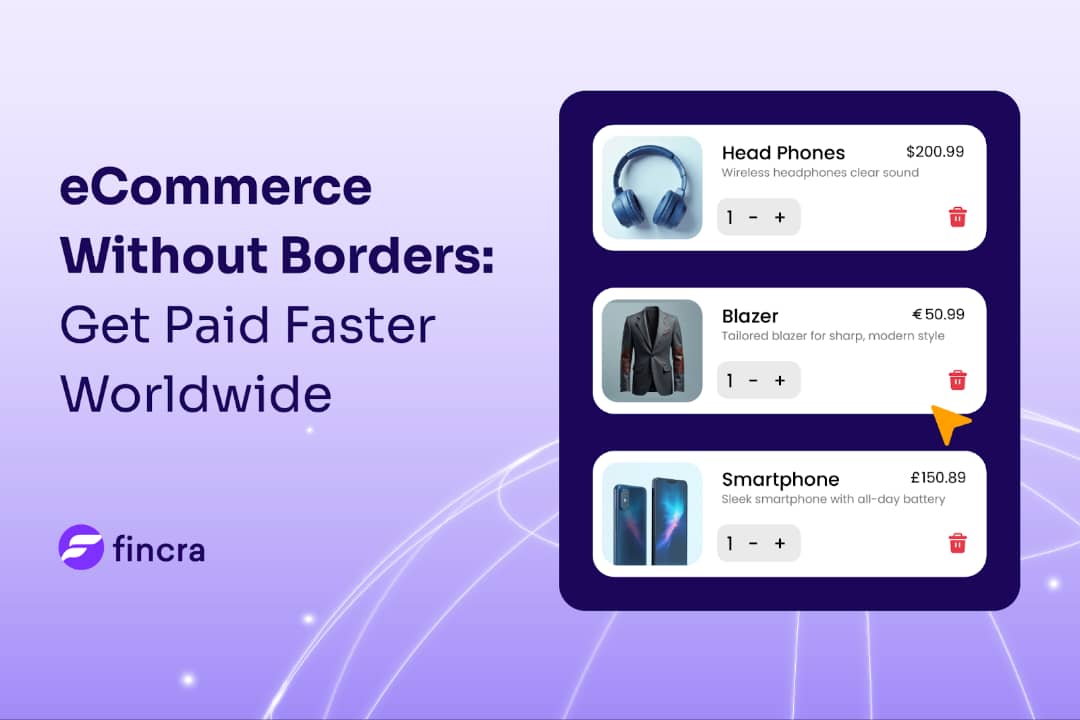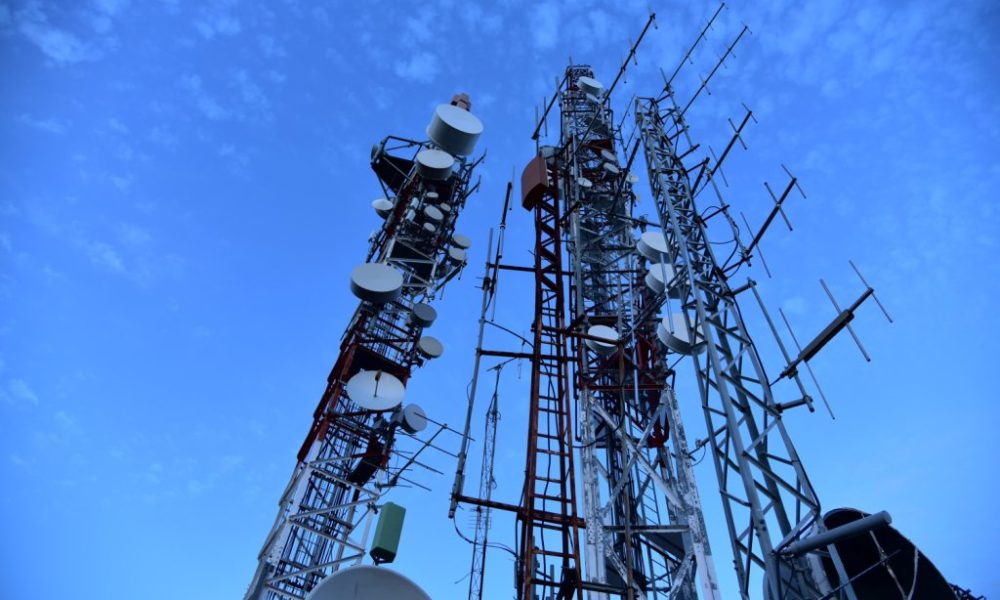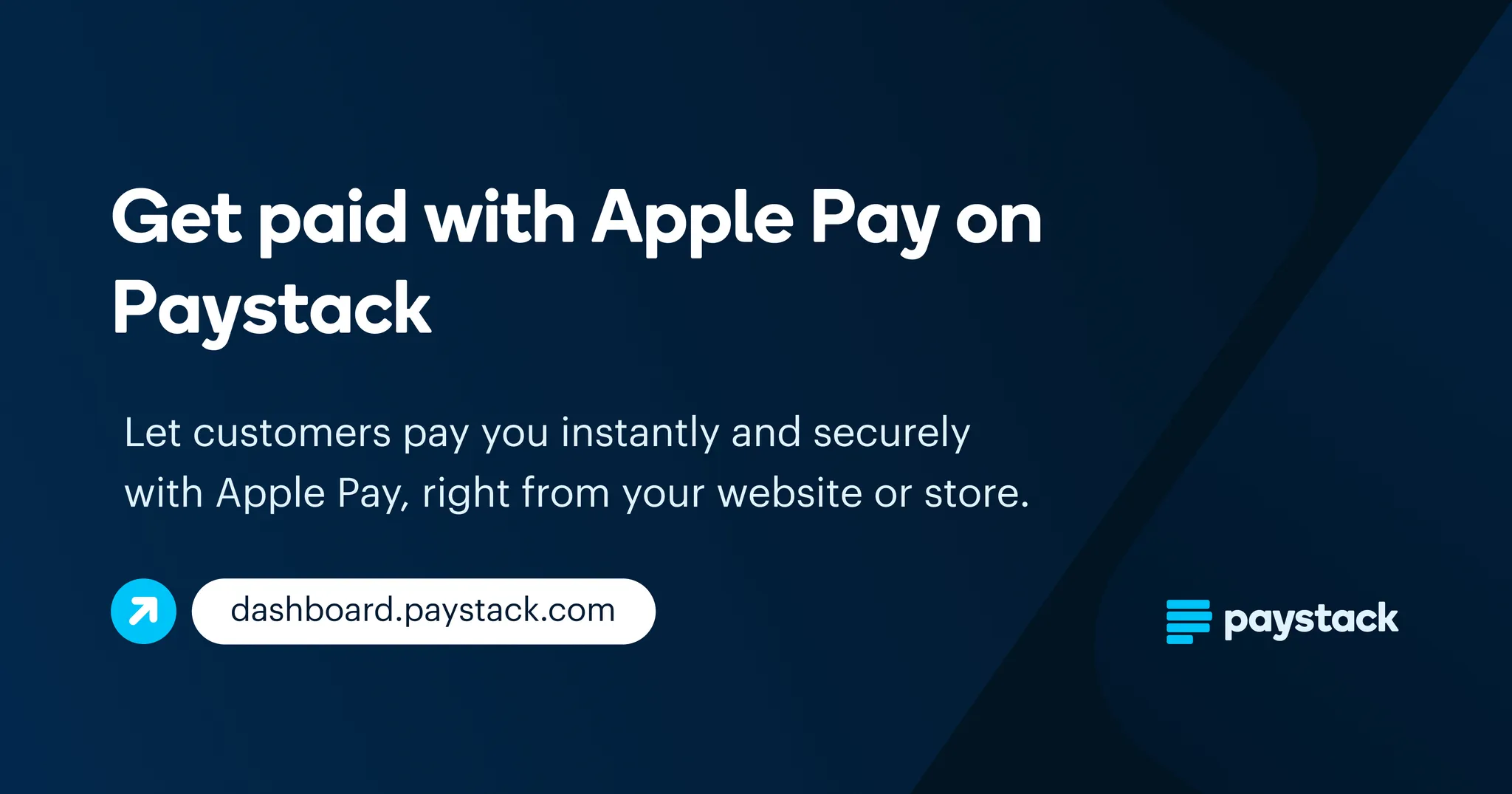

It’s a new week!
Again, we’re reminded of how regulation can cripple innovation. India’s former unicorn Hike, which pivoted from instant messaging to real-money gaming, shut down last weekend after a sweeping law passed last month banned online gaming startups under the guise of curbing gambling.
It’s always been strange to me that games built on skill were lumped in with pure chance. The same lopsided thinking shadows the Web3 space, where promising startups stay underground for fear of being misclassified. Meanwhile, in the US, niche gaming and prediction markets, like unicorns Polymarket and Kalshi, are in talks to raise more money at multi-billion-dollar valuations after years of hard-won regulatory fights. What can the world learn from Uncle Sam?
– Emmanuel

Banking
Kenya’s Equity Bank and KCB eye Ethiopia entry

In Ethiopia’s banking liberalisation gold rush, Kenya’s financial giants want a piece of the untapped 120 million-strong market. KCB and Equity Bank, two top Kenyan banks by market share and assets, are leading the way
On September 13, Equity Bank signalled its intention to enter Ethiopia following government reforms in December 2024 that allowed foreign banks to set up shop in the country for the first time. As early as June 2025, KCB Bank began talks to enter the market
The liberalisation framework allows foreign lenders to establish subsidiaries or take minority stakes in existing banks. KCB Bank is potentially looking to acquire up to a 40% stake in a local bank.
The big picture: Ethiopia still represents one of Africa’s largest untapped financial markets, and Kenyan banks are on the lookout. It mirrors a similar move in the country’s telecom industry, allowing Kenyan players like Safaricom to compete in the once closed-off market. While Nigerian banks like Zenith and Access Bank are entering the Kenyan markets to compete with local incumbents, Kenyan banks are seeking to enter Ethiopia to strengthen their East African footprint.
eCommerce Without Borders: Get Paid Faster Worldwide

Whether you sell in Lagos or Nairobi, customers want local ways to pay. Let shoppers check out in their local currency, using cards, bank transfers, or mobile money. Set up seamless payments for your global online store with Fincra today.
Telecoms
Gabon’s telecom rivals join forces

Airtel Gabon and Moov Africa-Gabon Télécom have agreed to pool their network infrastructure to usher in a new dawn of connectivity in Gabon.
Why are they doing this? One word: efficiency. Instead of duplicating towers and, by extension, the cost of erecting them, the operators will lean on each other’s structures. Plus, Gabon is gunning for a digital economy that can compete globally. This is evident in the country’s investments in the technological sector, including building data centres and launching a $72.4 million project to boost its digital economy.
The move mirrors the infrastructure sharing deal between 9mobile (now T2) and MTN Nigeria, which gave 9mobile customers access to MTN’s nationwide network coverage.
Not the first partnership. Airtel Gabon and Moov Africa-Gabon Télécom partnered in 2024 to provide radio coverage to 200 Gabon villages in areas uncovered by mobile telephone and Internet services.
What will this deal mean? For Airtel Gabon’s 47% market share and Moov Africa-Gabon Télécom’s 53% share, it means wider coverage and better service quality. For Gabon’s two biggest operators, they are betting that collaboration, rather than competition, is the quickest route to a connected nation.
Shop anywhere with Paga’s physical prepaid card

Own every checkout with Paga’s Physical Prepaid Card. Suitable for all your security and speed needs. Just fund, shop, and pay anywhere with confidence. Get yours today.
Connectivity
Nigeria’s broadband goals meet broken Right-of-Way promises

Political promises are often cheaper than fibre optic cables in Nigeria. Five years have passed since various Nigerian governors pledged to waive fees to support infrastructure deployment for telecom services, yet only four states have fulfilled their promises.
Right-of-Way (RoW) fees are charges telecom operators pay state governments for the permission to dig up public land and lay fibre optic cables along roads and waterways. Only Anambra, Kaduna, Katsina, and Kwara have implemented zero RoW fees. Despite at least 12 states announcing zero RoW policies since 2020, most quietly backtracked or imposed hidden charges for “environmental impact,” “infrastructure restoration,” and “community levies”.
State of play: RoW-related expenses still account for over 60% of construction costs, with Lagos charging ₦850 per linear meter, Ogun over ₦2,500, and Osun as high as ₦3,500. Former Minister of Communications and Digital Economy, Isa Ali Pantami, aimed for a standardised ₦145 per meter, but most states now demand ₦1,000-₦4,000.
Why does this matter? Hidden charges and failed promises on RoW fees risk slowing broadband rollout and driving up internet costs.. Nigeria wants to hit 70% broadband penetration by year-end, but that target is unlikely if states keep treating critical infrastructure as a cash cow.
Accept Payments with Apple Pay on Paystack!

Anyone can get paid globally. With Paystack and Apple Pay, let customers pay you instantly and securely from 60+ countries. Get started here →
Policy
Nigeria scraps 5% controversial telecoms tax

Nigeria has dropped the 5% excise duty on telecoms services, reversing a policy that made connectivity more expensive for millions of users.
Catch up: The Buhari administration introduced the levy in 2022 as part of its efforts to raise non-oil revenue. From the jump, stakeholders, including the Association of Licenced Telecom Operators of Nigeria, argued that the duty was unsustainable. The operators already faced over 39 separate taxes, and the additional levy looked like the 5% that would break the camel’s back.
The levy was suspended in September 2022. Now? It has been eliminated.
This reversal could mean cheaper data. For the 171 million active users already grappling with the 50% tariff hike approved in January, scrapping the levy means that the cost of data and voice services may finally be reduced.
For telcos: Scrapping the levy could allow telecom operators to reinvest in infrastructure and expand coverage.. Nigeria already lags behind its own 70% broadband penetration target, and freeing up resources could help telecom operators to close that gap.
The removal won’t reverse the recent 50% tariff hike, but it does take one burden off operators and the millions of active users who rely on their services.
special NUMBER
₦597.65 billion.
The more data you buy, the more the government has smiled to the bank. Since 2022, revenue from the information and communication sector, dominated by telecoms, has more than doubled to ₦597.65 billion ($398 million) in 2024. Over the same period, data consumption in Nigeria jumped nearly 90%.
CRYPTO TRACKER
The World Wide Web3
Source:

|
Coin Name |
Current Value |
Day |
Month |
|---|---|---|---|
| $116,41.09 |
+ 1.49% |
– 0.11% |
|
| $4,631.82 |
– 0.61% |
+ 3.40% |
|
| $3.05 |
– 2.19% |
– 1.47% |
|
| $243.04 |
+ 0.49% |
+ 29.34% |
* Data as of 00.12 AM WAT, September 15, 2025.





Comments
Post a Comment